Science & Society
Sign up for our newsletter
We summarize the week's scientific breakthroughs every Thursday.
-
 Science & Society
Science & SocietyGene therapy, Gattaca-style, poses ethical issues
Gene therapy becomes more sophisticated, and the debate over the ethics of DNA tinkering grows.
By Eva Emerson -
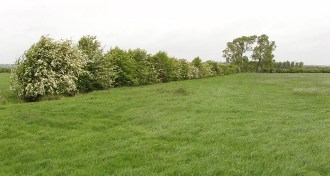 Plants
PlantsThe art and science of the hedgerow
Spiky hawthorn trees have found many uses despite their unforgiving nature, Bill Vaughn writes in ‘Hawthorn.’
By Nathan Seppa -
 Science & Society
Science & SocietyHistories left behind by the dispossessed
‘Dispatches from Dystopia’ chronicles adventures in modernist wastelands to recount tales of the invisible and the overlooked, the exiled and the dispossessed.
By Sid Perkins -
 Science & Society
Science & SocietyThe Dress divided the Internet, but it’s really about subtraction
People really do see different colors in the same photo of a dress, suggesting that our internal models shape color perception far more than has been recognized.
-
 Science & Society
Science & SocietyWorking together doesn’t always work
Working as a team is a great way to gather information, but innovative solutions come best from small groups or individuals, a new study suggests.
-
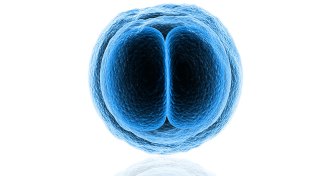 Genetics
GeneticsEditing human germline cells sparks ethics debate
Human gene editing experiments raise scientific and societal questions.
-
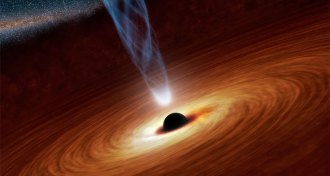 Astronomy
Astronomy‘Black Hole’ traces 100 years of a transformative idea
Implied by general relativity and proven by astronomical discoveries, black holes’ existence took decades for physicists to accept.
-
 Science & Society
Science & SocietyCancerous clams and other sci-fi fodder
Fans of science fiction will find a few items in this issue sure to trip the imagination.
By Eva Emerson -
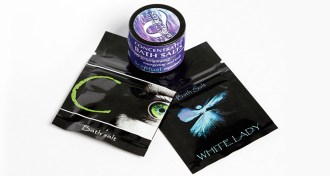 Chemistry
ChemistryDesigner drugs hit dangerous lows to bring new highs
A surge in designer drugs, which emulate the highs of classic illicit substances with unpredictable effects, is keeping law enforcement busy.
-
 Tech
Tech‘Ex Machina’ explores humanity as much as AI
Sci-fi thriller delves into hubris and power relationships.
By Eva Emerson -
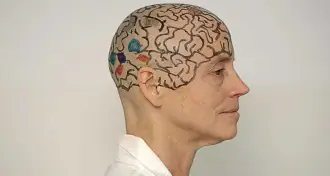 Neuroscience
NeuroscienceBrain on display
In her online videos, Nancy Kanwisher goes where few other neuroscientists go.
-
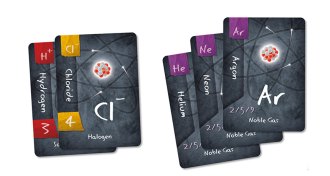 Chemistry
ChemistryA chemistry card game forges bonds
A new card game lets players brush up on chemistry by making compounds out of ions. Form some bonds and have fun in the process.